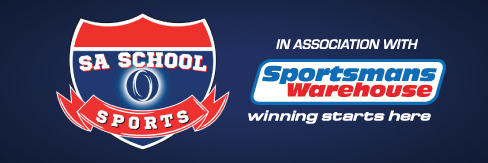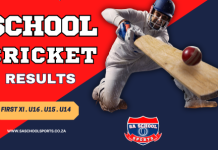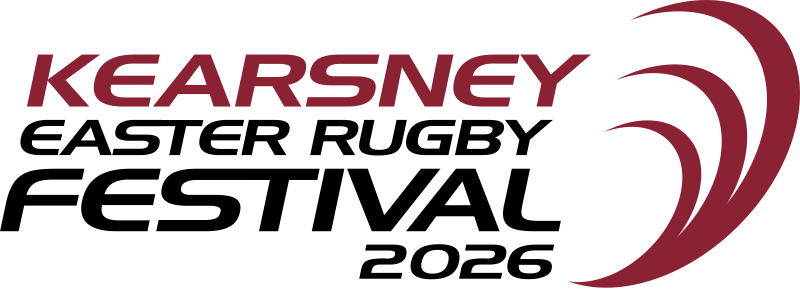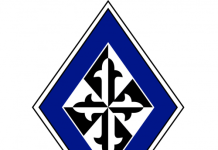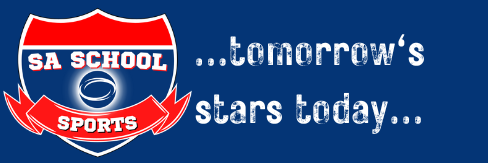Sheldon Rostron took up the post of Hockey Organiser at Afrikaanse Hoër
Seunskool (Affies) in October last year and his position entails the
management of all hockey activities (fixtures/tournaments/tours), being
the first team coach and a number of other functions that include the
growth and development of the sport, mentor and coach development, video
analysis and much more.
Sign in
Welcome! Log into your account
Forgot your password? Get help
Password recovery
Recover your password
A password will be e-mailed to you.
